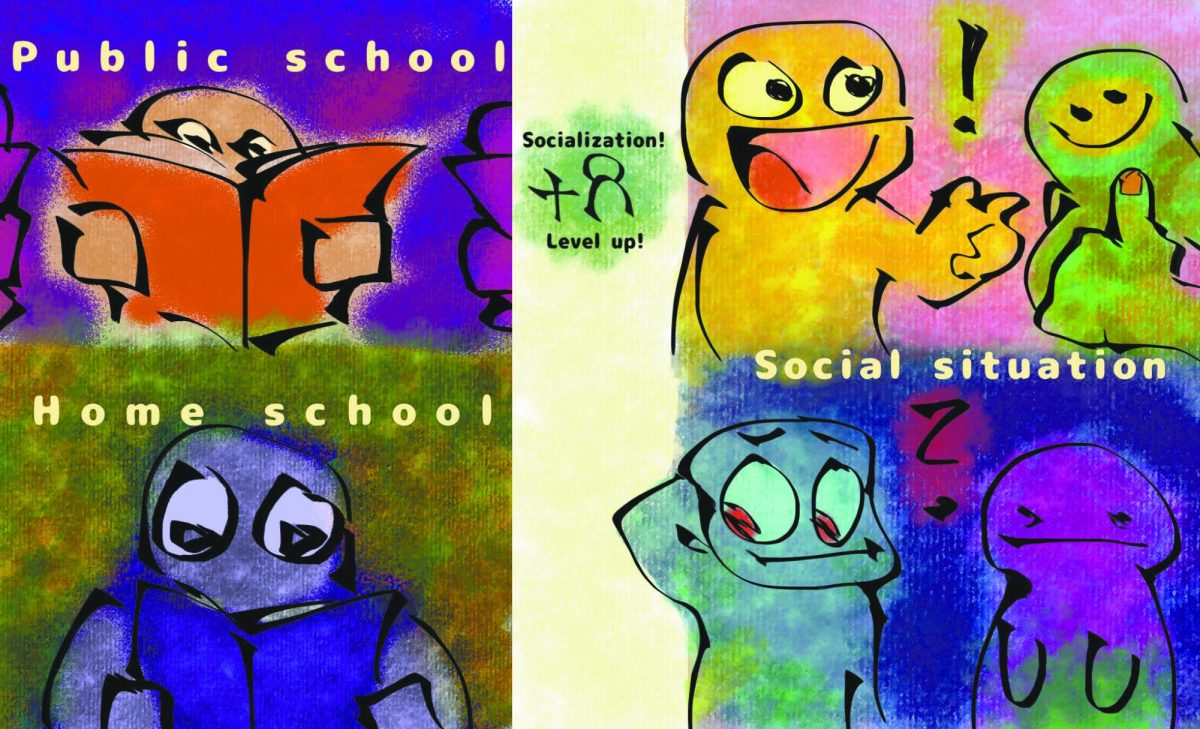We all have that one show we look forward to catching up on after a day of hard work. For me, I was excited for the new releases of The Summer I Turned Pretty.
The summer vibes are totally unmatched, but there was something in the back of my mind that was keeping me from loving it. The main character, Belly, was constantly lashing out at other people for being insensitive about her feelings. Then in the same instant, breaking the commitments she made to the main love interests, and totally brushing aside the feelings of grief that left “the one she wanted” emotionally unavailable. (Later on even implying that emotional unavailability is worse than cheating.)
From making a scene about her failed relationship while at a funeral, to announcing her engagement at a memorial-dedicated lunch, Belly never fails to be surprised when the consequences of her own actions blow up in her face. And yet, she still finds a way to blame other people.
As I watch this trainwreck, I’m thinking surely everyone watching can see what the real problem is on this show. Yet when I look online, it’s all “Team Jeremiah” this, and “Team Conrad” that, followed by “Poor Belly”, and “I can’t believe he would do this to her!” As much as she’d like to play victim, it’s her infuriating immaturity that ends up sabotaging her relationships.
The rare time anybody talked about Belly’s wrongs, it was all chalked up to dumb decisions. While definitely stupid, it’s even more. It’s toxic, and hardly anyone is calling it out. But it’s definitely not just in The Summer I Turned Pretty. This normalization of toxic behavior is all over the movies and TV we watch, and that is where my concern lies.
This is especially a problem when the audience these shows reach are teenagers. Raising Children Network, an Australian parenting site says that, “…media influence can suggest to pre-teens and teenagers that certain ways of behaving and looking are ‘normal’.” Shows like Euphoria, for example, are framed by drugs and alcohol. Not just the hardship of getting over an addiction, but the constant of it just being unnecessarily there. Never do they outright say it, but it’s nearly implied that it’s alright to consume such things underage even frequently, as long as you’re not an addict. And despite what the show’s target audience might have been, surprise surprise: if it’s about highschoolers, highschoolers are going to watch it. When this stuff gets desensitized, it becomes a little internalized. And the last thing teenagers need is a toxic relationship with substances.
But we can easily find this in relationships depicted on television, too.
Twilight is probably the second-biggest fall hit (after Gilmore Girls, of course), and contains one of the most well known love triangles in pop-culture history. Edward, or Jacob? Well, “Team Edward” finds his protectiveness to be one of his most attractive qualities. But everything in moderation. As an article by Her Campus states: “Too much ‘protection’ is exemplary of controlling behavior and emotional manipulation, which is far from healthy.” Let’s not forget that he enjoyed watching her sleep—another thing that is either over-romanticized (even by Bella herself), made into a meme, or straight up brushed off like that’s not one of the creepiest things someone could ever do to you. It totally breaks basic boundaries, yet Edward is still loved by many, and even an inspiration for many male love interests in present-day fiction.
Many will still ask why that is a bad thing, because “it’s fiction after all, right?”
That’s true—but art imitates life, doesn’t it? So when we watch shows that display toxic behavior, and everyone in that show treats it like it’s no big deal—so do we. When we don’t call it out, we internalize it, because it’s shown to us as “normal”. That’s especially dangerous to young people, who are more likely to be on the receiving end of this toxicity because of their inexperience.
Going back to The Summer I Turned Pretty—Belly’s not a victim, right? But when she treats herself like one, and her support systems cradle her, and online edits defend her, and people in comments say she’s done nothing wrong, we start to believe it. Few actually step out and say that it’s not okay the way she acts, but most people don’t even see that.
Sometimes, when we don’t see anything validating our opinions, or even the truth, we mark it as irrelevant. But the popular consensus is not always the “right” one—and I can say that because there is evidence in Belly’s toxicity. She was the one that decided it was alright to date one brother, then the other when that didn’t work out, and then back to the first when it was more convenient. Episode after episode she has been making the decision to prioritize her happiness over every person in her life, and make it appear as if her feelings are the only important ones. That’s not healthy, or respectful, or moral.
But we’re not going to stop things like this being normalized in cinema. And, really, we shouldn’t have to. Nick Howard puts it really well in his Medium article titled, “Why Do We Love Toxic Relationships in Pop Culture?” He writes, “While toxic relationships are as old as pop culture, the audience must recognize them. These relationships are not characters we should necessarily want to be like. Their stories are trying to teach us a lesson in life or simply trying to entertain us.”
So what’s important for us is to be able to identify it when we see it and be grounded in our values. We need to call out toxic behavior when we see it. Don’t let people romanticize it, and there’s nothing to internalize.
So this summer, I think we should all relax and pray that everyone in The Summer I Turned Pretty gets some professional help. At least it would give Belly a chance to talk about herself.
#TheSummerTheyAllNeedToGetTherapy



